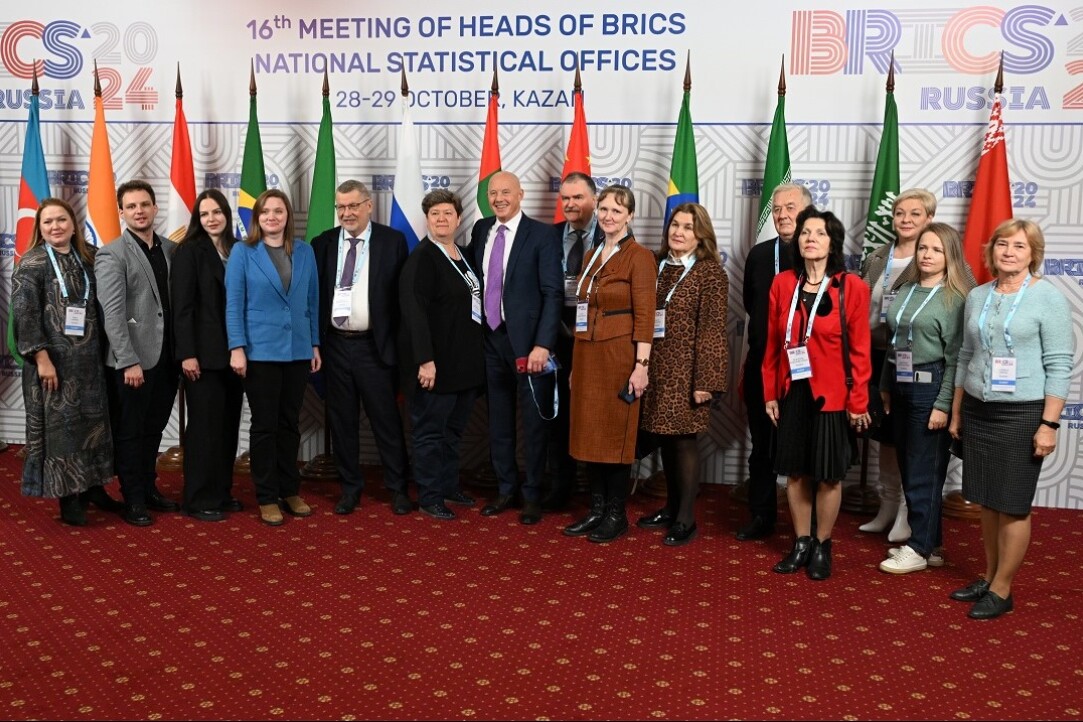HSE University and the project team of ‘Hikes of the First—More than a Trip’ are working on a strategy to promote hiking tourism among young people through 2030. At the HSE University project session, honoured travellers of Russia, trail builders, and representatives from various institutions, such as HSE University and the Ministry of Natural Resources and Environment of Russia, came together to work on proposals. For three years, university experts were designing mechanisms for creating the infrastructure for hiking tourism, taking into account safety standards, eco-friendliness, and professional training for guides.







.jpg)









.jpg)


